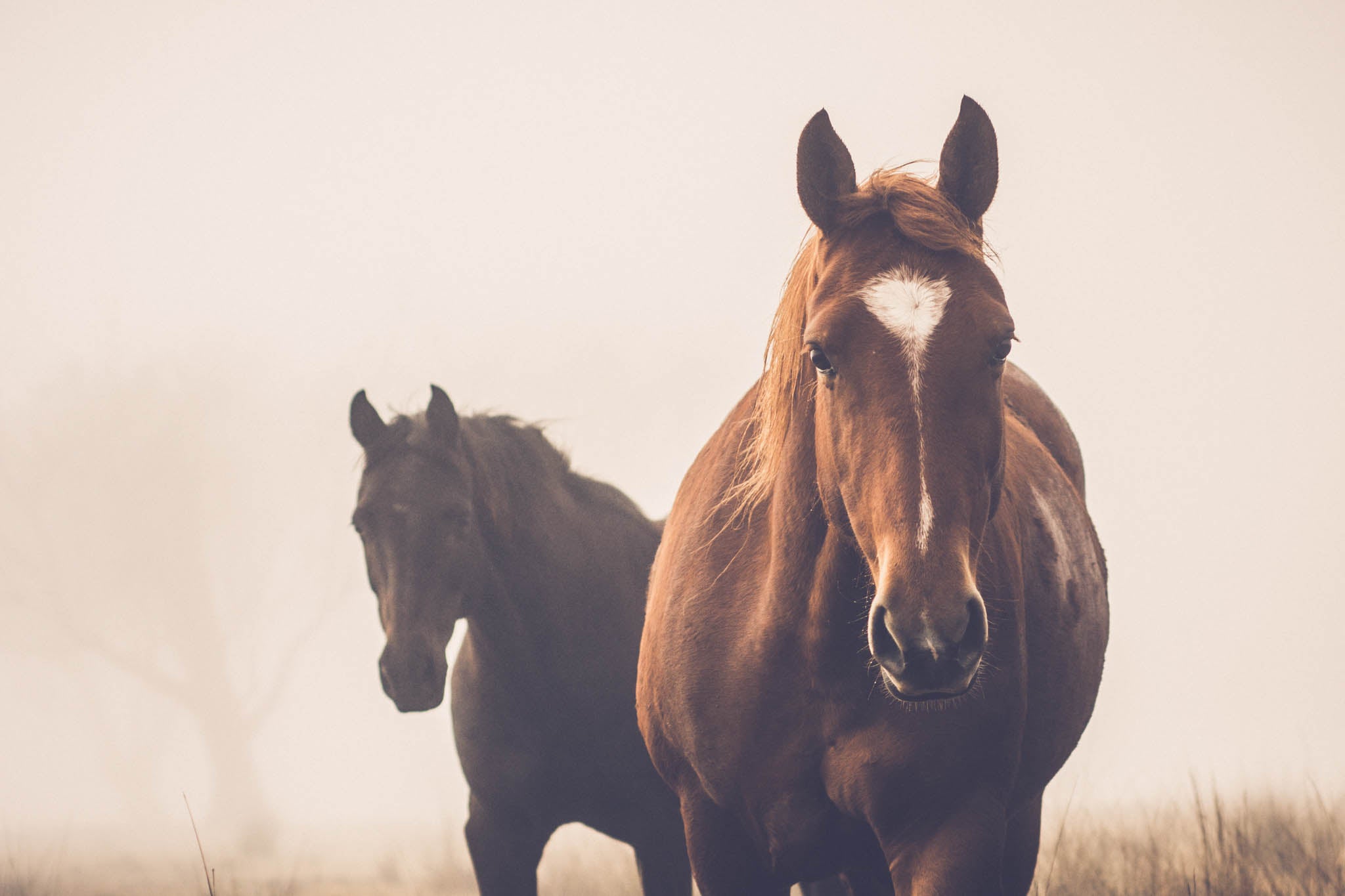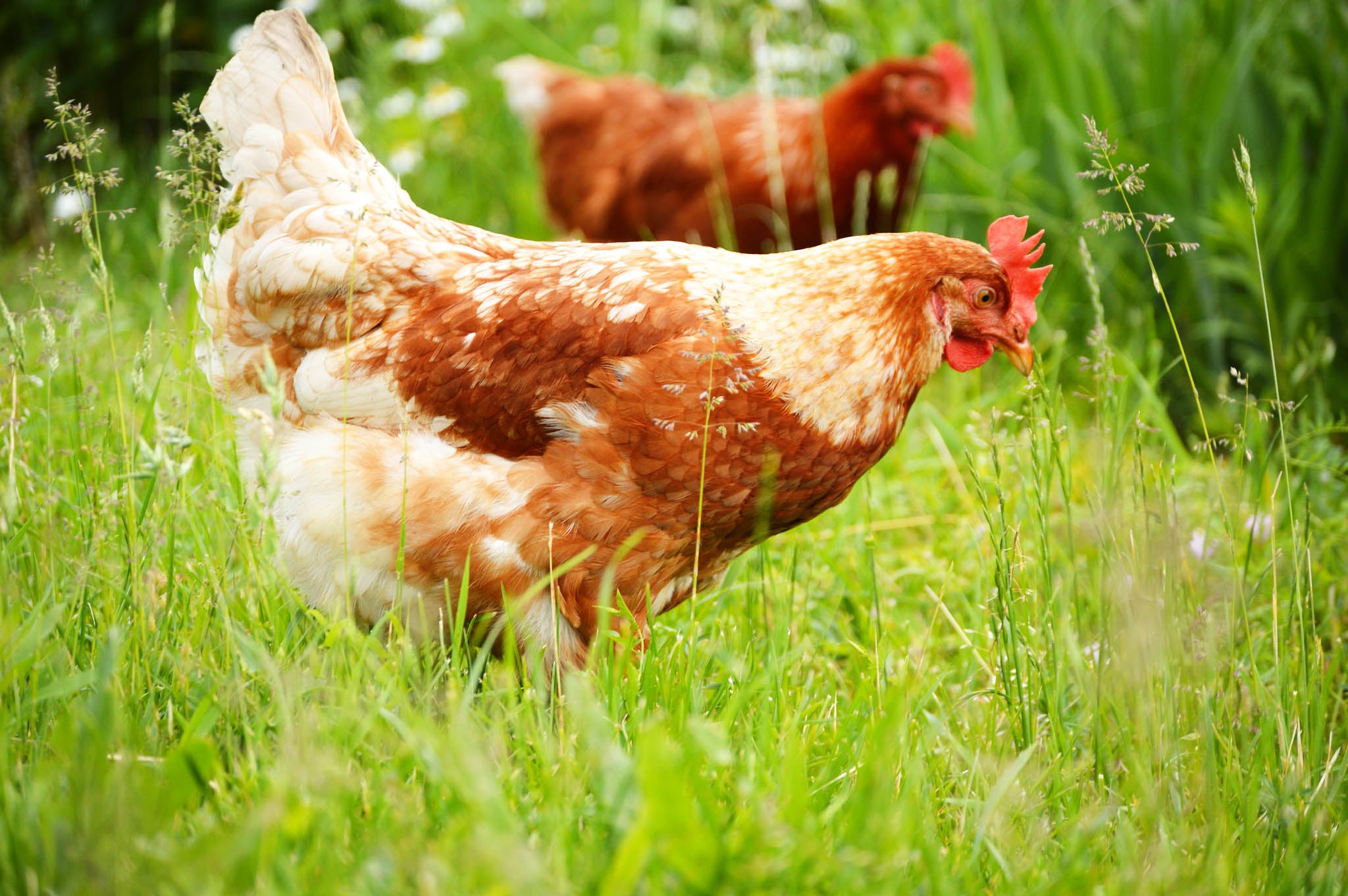When it comes to adopting a dog, understanding their personalities is crucial to ensuring a harmonious and fulfilling relationship. Many pet owners wonder if there are noticeable differences between female and male dog personalities. While individual variations exist within each gender, there are general traits and tendencies that can help distinguish between the two. In this article, we will explore the differences between female and male dog personalities, shedding light on their behaviour, trainability, and overall characteristics.
Behavioural Differences
Females: Female dogs are often considered to be more independent and reserved compared to their male counterparts. They tend to be less assertive and more adaptable to different situations. Female dogs are generally less prone to dominance-related behaviour and may be more receptive to socialising with other animals. Their maternal instincts are also more evident, as they may display nurturing behaviour towards other animals or even human family members.
Males: Male dogs are often perceived as more outgoing and assertive. They may demonstrate a greater inclination towards marking their territory and can be more territorial and protective of their home and family. Males are usually more playful and exuberant, even into adulthood. However, this enthusiasm might require more patience during training sessions, as they can be easily distracted by their playful nature.
Trainability
Females: Female dogs are often viewed as being more focused and attentive during training sessions. They tend to be quick learners and are adept at picking up commands and cues. Their eagerness to please their owners contributes to their trainability. However, they might be more prone to mood swings during their heat cycles, which could temporarily affect their responsiveness to training.
Males: Male dogs can be a bit more stubborn during training, particularly if they find something more interesting to explore or play with. However, they are still trainable with consistent and patient training methods. Once they understand the training expectations, they often respond well to commands. Male dogs may also exhibit increased distractibility, especially when female dogs in heat are nearby.
Social Behaviour
Females: Female dogs tend to be more accepting of other dogs and animals, making them relatively easier to introduce to a multi-pet household. They are usually less territorial and aggressive towards other dogs, making them more likely to establish harmonious relationships within a pack. Female dogs also tend to be more nurturing towards puppies or younger animals.
Males: Male dogs can sometimes display more dominance-related behaviours, especially around other male dogs. This may lead to occasional conflicts or challenges for hierarchy within the pack. However, proper training and socialisation can help prevent these issues and promote positive interactions with other animals.
Energy Levels
Females: Female dogs typically have more consistent energy levels and may not experience the same hormonal fluctuations that males do. Their energy tends to be steadier throughout the month, making them more predictable in terms of activity levels.
Males: Male dogs may experience fluctuations in energy levels due to hormonal changes, particularly when they sense a female in heat. During these times, they may become more restless and have a higher level of activity.
While individual differences exist within each gender, understanding the general differences between female and male dog personalities can help prospective pet owners make informed decisions when choosing a canine companion. Female dogs are often described as more independent, adaptable, and nurturing, whereas male dogs tend to be more assertive, playful, and territorial. Training approaches and social dynamics may vary between the genders, but with proper training and socialisation, both females and males can make loving and devoted companions. Ultimately, a successful pet-owner relationship depends on the owner's ability to understand, love, and care for their furry friend, regardless of gender.




